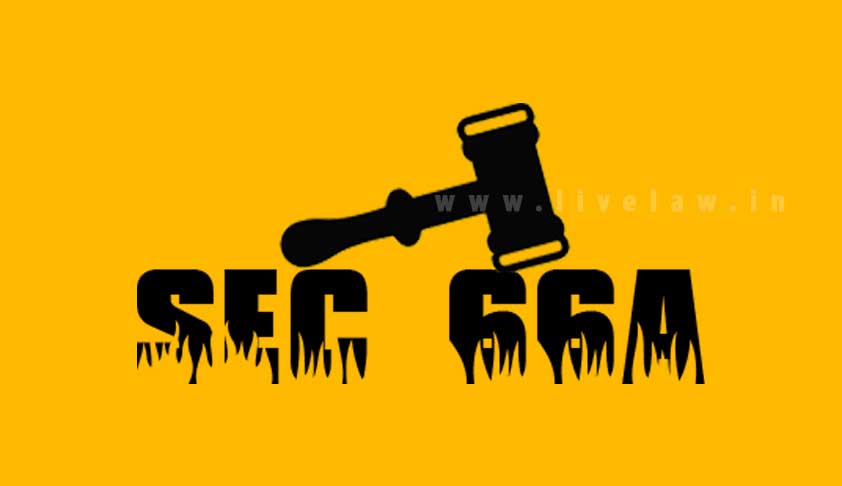Parliament should bring new Law to regulate Social Media; Supreme Court
LIVELAW NEWS NETWORK
7 Aug 2015 10:10 PM IST

Next Story
7 Aug 2015 10:10 PM IST
The current practice of multiple criminal cases being filed in different parts of the country against a person for allegedly making a defamatory statement must be put to an end as it would lead to anarchy and the accused would himself end up being a victim, the Supreme Court observed on Thursday.Further, expressing concern over the misuse of social media and internet, particularly after...
